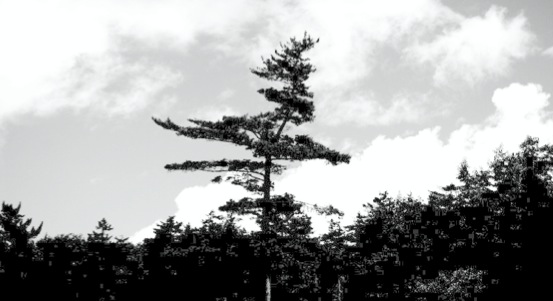In every place the gospel has been planted, the tree that grows from it looks a little different. As in nature, where the soil may have more clay, or the wind may blow more blustery, the church is shaped profoundly by the place it grows.
The place where we live impacts us; so does the passing of time. “As the twig is bent, so the tree’s inclined” goes the proverb, and it is true that things that bumped us in our first years after we began in 1995, have left us leaning in peculiar and obvious directions by this our second decade.
What follows is an attempt to notice the particular bends of our branches, and twistings of our trunk. Yet for whatever uniqueness there may be here, what is clear is that we are a community that bears the signs of being planted by Jesus the Sower, and we carry in common with churches of all ages the struggle to keep the main thing the main thing:
“Of all the commandments, which is the most important?”
“The most important one,” answered Jesus, “is this: ‘Hear, O Israel, the Lord our God, the Lord is one. Love the Lord your God with all your heart and with all your soul and with all your mind and with all your strength.’ The second is this: ‘Love your neighbor as yourself.’ There is no commandment greater than these.” (Mark 12:28 – 31)
What is true of the tree as a whole is also true of the leaves. The growth, or discipleship, of the individual that is grafted or grown into us will reflect the same genetic code. These core practices are a description of what we are intentionally mentoring and nurturing in the lives of individuals. They are a short and imperfect description of what we think a follower of Jesus looks like in our context.
Any simple summary has the disadvantage of not doing justice to what takes the whole of the New Testament to describe, but it can prove helpful in giving handles for us to “make disciples”. These core practices are more a tool for us to do the work of discipleship than they are a theological statement. We’re not trying to replace the creeds – only live them out in our setting.
Our basic bent is set. But our prayer is still that we remain supple in the hands of the sower. He who planted can also prune. Let’s practice these things, rooted as they are both in scripture and the soil of our city, so that we bear much fruit for the Master Gardener.
“We exist to build a safe community that invites all peoples to worship Jesus as they embrace a kingdom lifestyle that extends God’s justice on the earth.”

